Keywords: Decisions
There are more than 200 results, only the first 200 are displayed here.
-
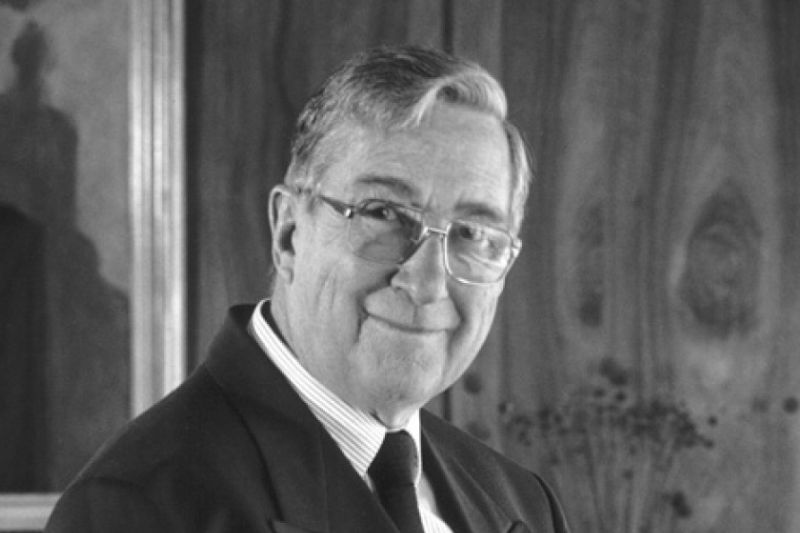
AUSTRALIA
- Michael Kelly
- 16 June 2022
3 Comments
The Court in Mabo, where Brennan J led majority, put an end to the notion of Terra Nullius, by which the British could claim that land in Australia was ripe for the picking because it belonged to no one, and opened the claims to land ownership to a much wider group including the traditional owners. The follow-up judgement in Wik took that understanding even further.
READ MORE 
-

ARTS AND CULTURE
- Andrew Hamilton
- 03 June 2022
1 Comment
As I was reading the illuminating contributions to Class in Australia I had to confront my attitudes to Marxist analysis, to the claims of sociology, social work and psychology to be sciences, to the relative importance of inequality based on wealth, gender and race, and to any claim that canonises individual choice while claiming to be value free.
READ MORE 
-
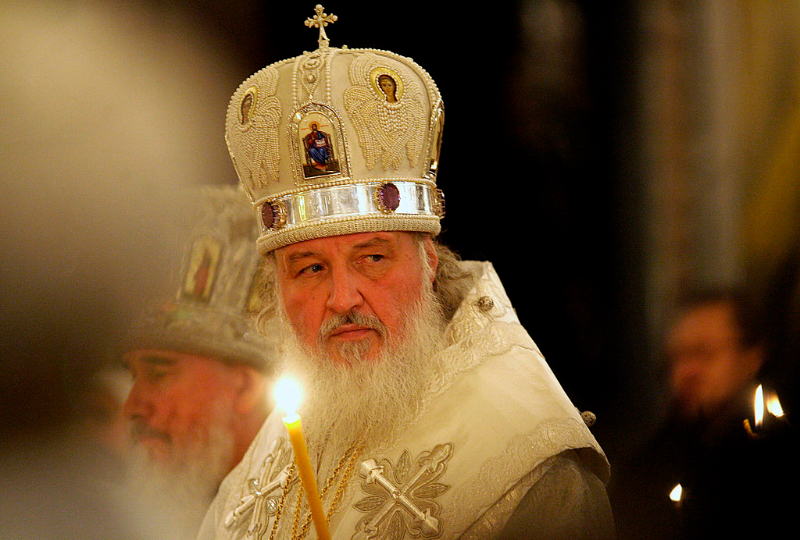
INTERNATIONAL
- Andrew Hamilton
- 31 May 2022
7 Comments
Patriarch Kyrill of Moscow has received much justified criticism for aligning his Church alongside Vladimir Putin in the invasion of Ukraine. If we are to understand how he could think it is right to do so, however, it is helpful to know how he came to be Kyrill. The story of his earlier namesakes illuminate the conduct of the present Patriarch of Moscow.
READ MORE 
-
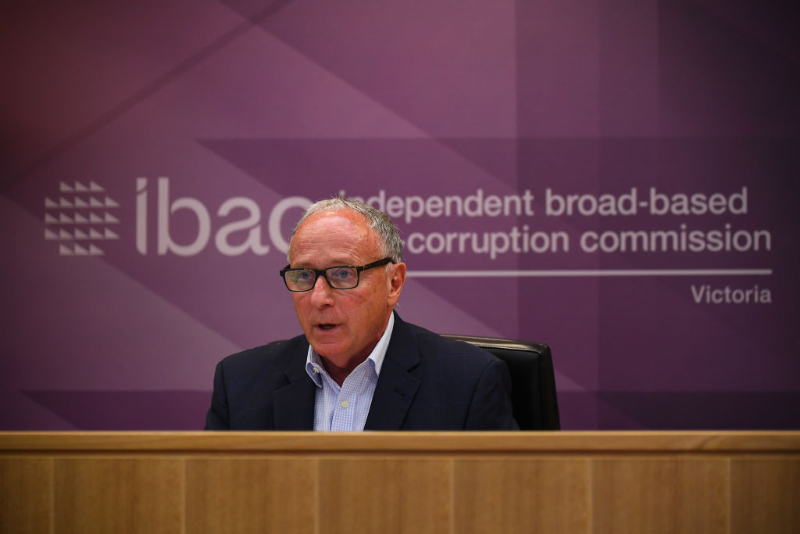
AUSTRALIA
- Andrew Hamilton
- 11 May 2022
7 Comments
In the election campaign the need for an integrity commission has been a minor issue. Many independent candidates have supported it, but the major parties seem to have concluded that it will not significantly shape the way people vote. Yet given the evidence of a lack of integrity in behaviour by and within governing parties both at Federal and State level, the nature and importance of integrity in the processes of government deserve reflection.
READ MORE 
-
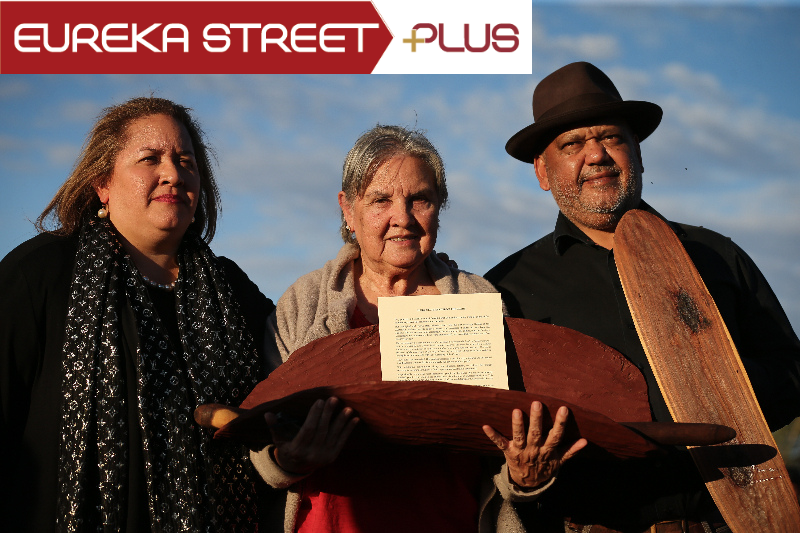
AUSTRALIA
- Frank Brennan
- 06 May 2022
5 Comments
Whoever is Prime Minister after the election on May 21, he will need to address the question of Indigenous recognition in the Australian Constitution. This is the sixth election in a row when the question has been a live, unresolved issue during the election campaign. The patience of Indigenous leaders is understandably wearing thin. Trust is waning. There is still no clear path ahead. So where to from here?
READ MORE 
-
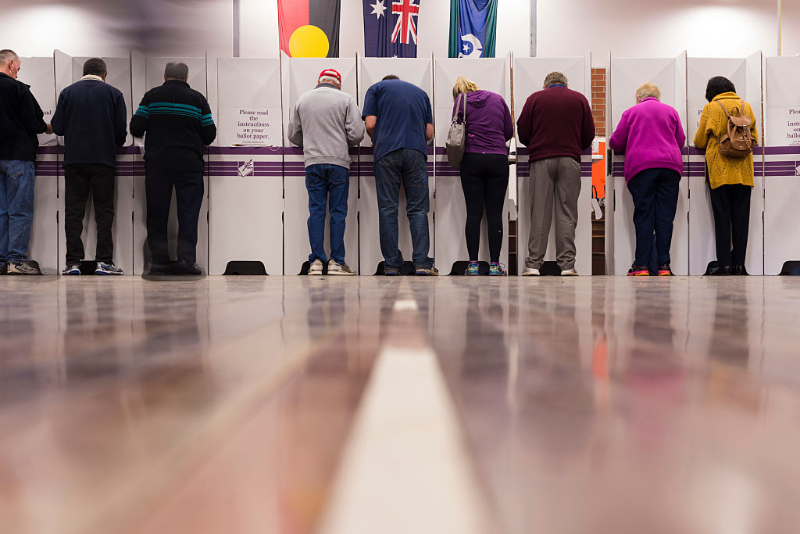
AUSTRALIA
- Binoy Kampmark
- 21 April 2022
7 Comments
Few sights are more desperate than old political parties on the run. In this Australian federal election, the challenge from independents and smaller parties has sparked a nervous reaction, much of it negative and most of it misplaced.
READ MORE 
-
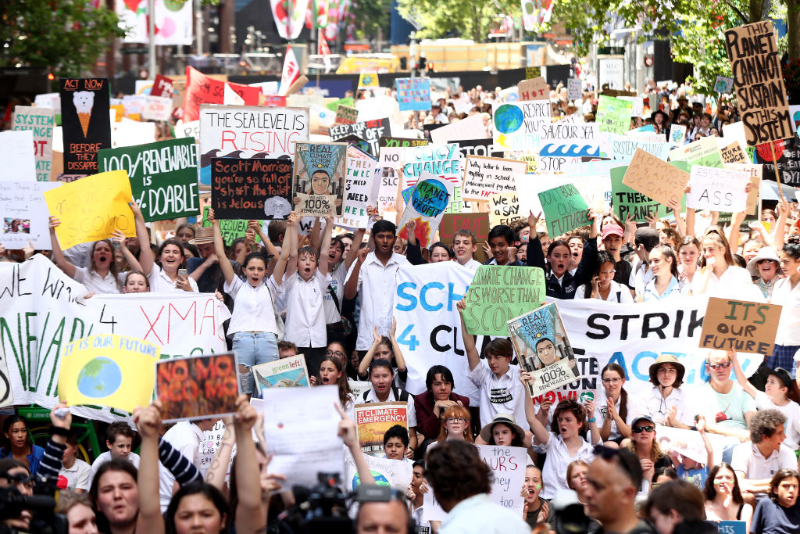
AUSTRALIA
- Binoy Kampmark
- 07 April 2022
10 Comments
The children have been busy. On matters of environmental justice, Australia has witnessed much legal activity from youthful citizens who, despite in some cases not being old enough to vote, have stirred politics. In 2021, five lodged complaints with the United Nations over the failure of the Australian government to cut, in a meaningful way, greenhouse gas emissions by 2030.
READ MORE 
-

AUSTRALIA
- Zacharias Szumer
- 05 April 2022
6 Comments
Like the aged care sector more broadly, home care is in the process of transition as the federal government implements a system designed around the principles of consumer choice and efficiency. The push is driven by expectations that the number of Australians accessing aged care services will more than triple by 2050.
READ MORE 
-
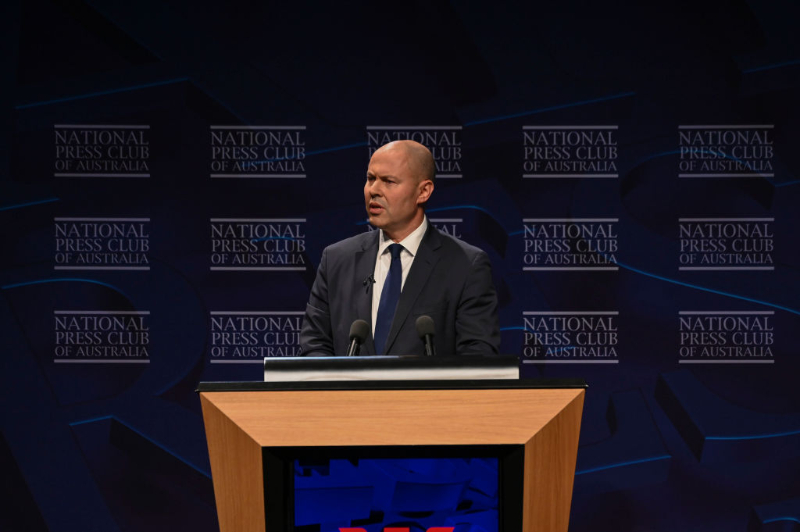
ECONOMICS
- Julian Butler
- 31 March 2022
1 Comment
In 2020 as the Covid-19 pandemic raged globally, as Australia shut its borders and some states shut in their people, massive government income support was introduced. The government was a little slow coming to recognise the need for such measures. Once they had, they wanted the support rolled out as quickly as possible. Frydenberg, Scott Morrison and their colleagues recognised that a demand side boost was absolutely necessary to sustain economic activity. The government was uncomfortable, though, with this approach.
READ MORE 
-
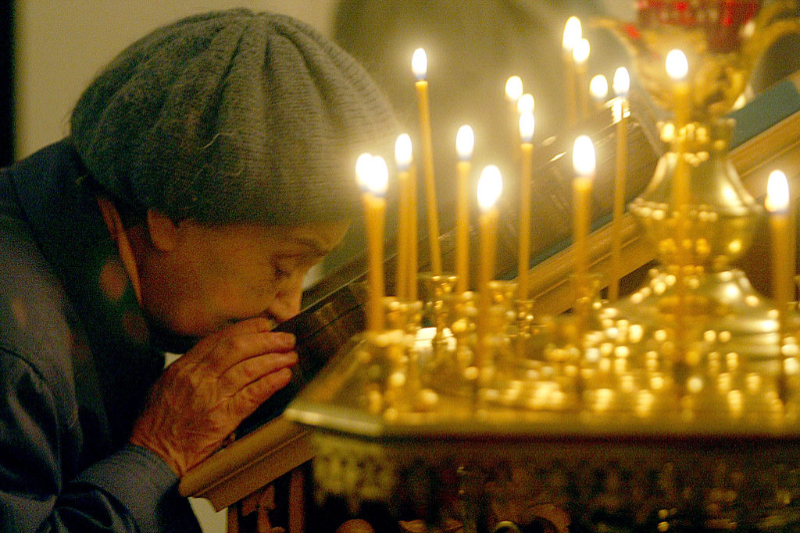
INTERNATIONAL
- Andrew Hamilton
- 17 March 2022
12 Comments
Taken together the events of recent years suggest that we face a crisis, a time in which the working assumptions that have guided our personal and collective lives no longer hold. If we do not change we face increasing threats to the world that we shall hand on to our children.
READ MORE 
-
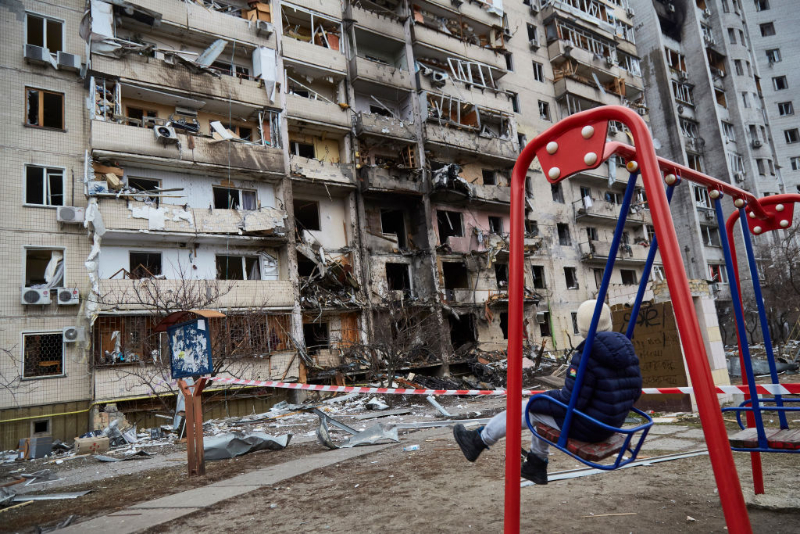
INTERNATIONAL
- Andrew Hamilton
- 08 March 2022
19 Comments
In the face of the horrors of invasion it is natural to be fascinated by the destructiveness of war and to immerse ourselves in military and political strategies. It is also natural to feel helpless and angry at the destruction of human lives, of cities and freedoms, and from a distance to barrack for one side and against the other. We attribute blame and praise, weigh causes and justifications, and divide the world into friends and enemies.
READ MORE 
-
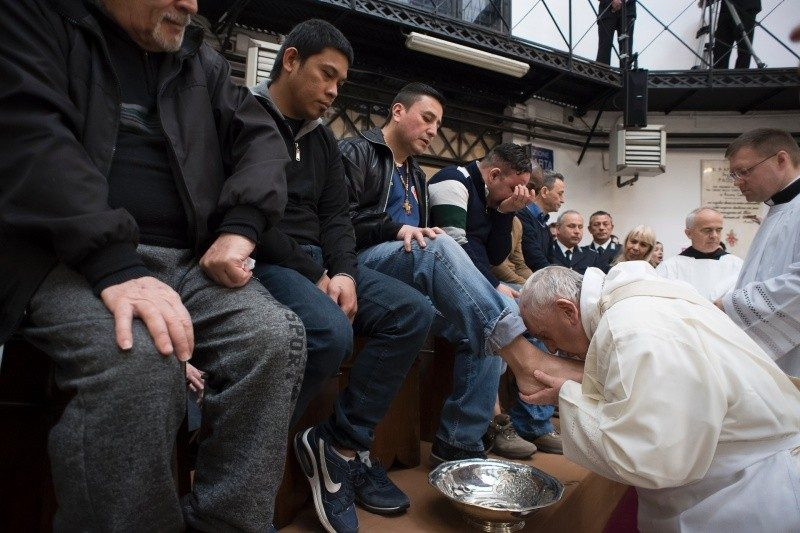
RELIGION
- Anne Benjamin
- 24 February 2022
25 Comments
The call to synodality is a call to convert, reform and renew the church’s organisational culture. New cultures do not emerge automatically. It is not about turning upside down the present pyramid structure of the church with a clerical hierarchy at the top and the faithful on the bottom. The church is not a political democracy, but a ‘holy people’ whose mission is to make God and Jesus present and, in a sense, visible to our world.
READ MORE 